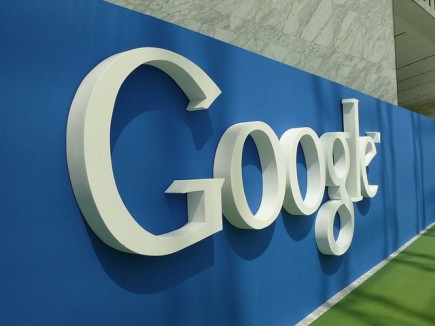The House Judiciary Committee announced that it will be investigating Google (and other tech giants) to see whether they are violating anti-trust laws. It’s tough to guess the outcome at this point, but the big question for healthcare marketers may be this: will it affect your marketing decisions?
On the one hand, observers are already pointing out that the companies being scrutinized — Amazon, Apple, Facebook and Google — are in competition with one another right now. That makes it hard to say that any one of them has a monopoly. And Congress is saying that the investigation will be broader than just looking at individual companies.
On the other hand, some lawmakers are already demanding that the companies be broken up.
It is possible that members of Congress do not realize that there is competition.
These are certainly big, powerful companies, and it’s possible that they will be broken up or otherwise face changes resulting from the anti-trust concerns.
Would anti-trust charges affect SEO?
Google has over 90% of market share for search worldwide. Its closest competitor is Bing, with a little more than 3% market share. Naturally, we optimize for Google. If Google is forced to let competitors have a little more of the action, will that change SEO?
We’ve examined some of Google’s competitors in search before. We’ve never seen that optimizing for Ecosia or Duck Duck Go or Bing instead of for Google would lead to enormous changes in SEO best practices.
Optimizing for Google means communicating well with search engines and human readers. Anti-trust issues wouldn't change the value of that strategy. Share on XAs long as Google rewards high quality content and well-performing websites, there’s no reason to suppose that optimizing for Google will be a bad choice.
If you use SEO tricks instead of best practices, you might be affected. If you take a customer-centric approach, you’ll probably find that any future changes will be on your side.
Will social media be affected?
Facebook is also in the spotlight in the investigation. Google has long recommended that websites which don’t do well in organic search should use social media as an alternative. In recent years, Google has been using social signals as part of search, and returning results on social media platforms as well as traditional websites.
When looking for most kinds of information, people still rely on Google more than social media. That includes millennials. You might go to Pinterest for ideas for your upcoming barbecue, and you might ask your friends at Facebook for a restaurant suggestion, but most searches get faster, better results from Google than from Twitter.
Facebook has been making plenty of changes lately, and we expect to see more. But giving up social media, or taking it up in hopes of avoiding any troubles Google might face — these are probably not going to be good strategies for anyone.
Social media platforms can disappear or make wholesale changes in their rules, but that’s always a danger with investing in social media. Make sure it’s not what you use instead of a website, and make sure to keep up with changes.
Helping consumers?
Observers have already pointed out that there is a big problem with this particular anti-trust movement: consumers don’t see a problem.
“Google has too much power, and they’re using that power to hurt small businesses, stifle innovation, and tilt the playing field against everyone else,” Sen. Elizabeth Warren has said, according to The Hill. Others have complained that Google has too much power over what information we see, or that they are using their algorithm to bias news (we don’t agree).
But Google’s search engine is a free service, most users are aware that there are alternatives, and consumers in one study said they’d have to be paid over $17,000 per year in order to give up Google’s search engine.
Amazon controls 40% of online shopping, but the alternative is probably not hundreds of scrappy little e-commerce sites. It’s Walmart. Amazon is consistently at the top of consumer satisfaction surveys, and its customers see it as a liberating alternative to local shopping. As Karl Bode puts it in an article filled with grave warnings about the future Amazon might bring us, “It’s difficult to regulate products that consumers are happy with.”
We’re Google fans, but we will be watching with interest to see what happens next.


Leave a Reply